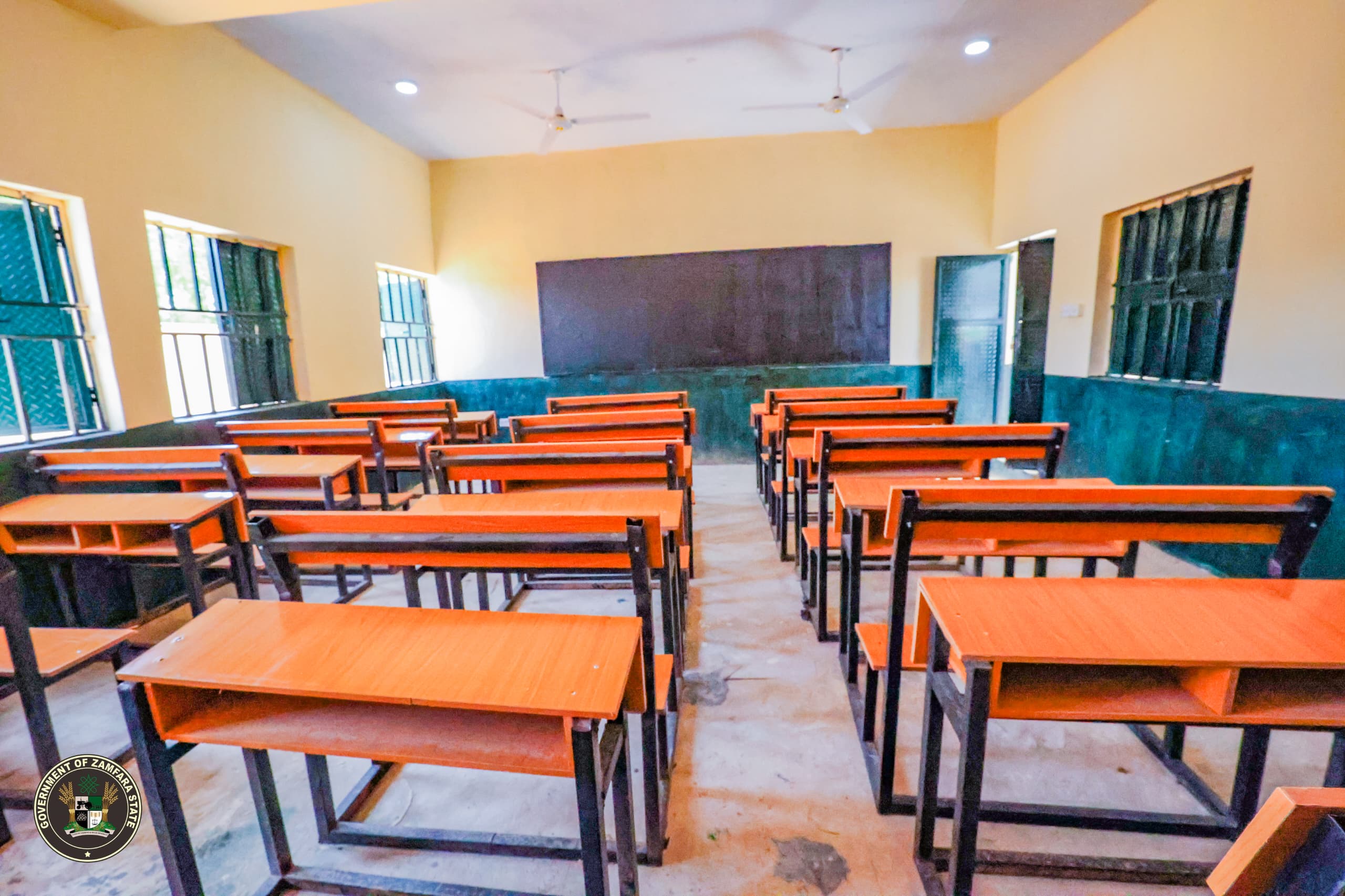To improve access to quality education, 47 million pupils and teachers in smart schools across the federation would receive free laptops and tablets.
The initiative, expected to be rolled out this year, will benefit pupils in pre-primary, primary, and junior secondary schools. This was disclosed at the signing of the Memorandum of Understanding between the Universal Basic Education Commission (UBEC) and Digital Learning Network in Abuja, yesterday.
The Guardian reports that UBEC Smart Schools are special model schools established by the UBEC to promote digital learning and 21st-century teaching methods, located in the 36 states and the Federal Capital Territory.
Speaking at the event, Chief Executive Officer (CEO) and President, Digital Learning Network, Thomas Lamerna, explained that the initiative comes at zero cost to both the federal and state governments.
He said the public-private partnership aims to provide over 47 million students and teachers across Nigeria’s basic education sector with equitable access to world-class digital learning tools, infrastructure, and training.
Lamerna said the devices are pre-loaded with free data, digital textbooks and interactive learning materials, in line with the Nigerian curriculum set by the Nigerian Educational Research and Development Council (NERDC). He noted that DLN, working with Deloitte Financial Advisory, some commercial banks, as well as the National Credit Guarantee Company, will fully fund the programme.
In her remarks, the Executive Secretary of UBEC, Aisha Garba, said the project marks a major turning point in bridging the digital divide in Nigeria’s education sector.
She explained that with the provision of laptops and tablets, pupils and teachers will have access to digital textbooks, interactive learning materials, and virtual classrooms, thereby improving teaching and learning outcomes.
Garba pledged that the commission would work closely with state governments, school administrators, and relevant stakeholders for proper distribution and effective utilisation of the devices.
She added that training programmes will be rolled out for teachers to strengthen their capacity in digital pedagogy and ensure that the technology translates into real educational gains.






